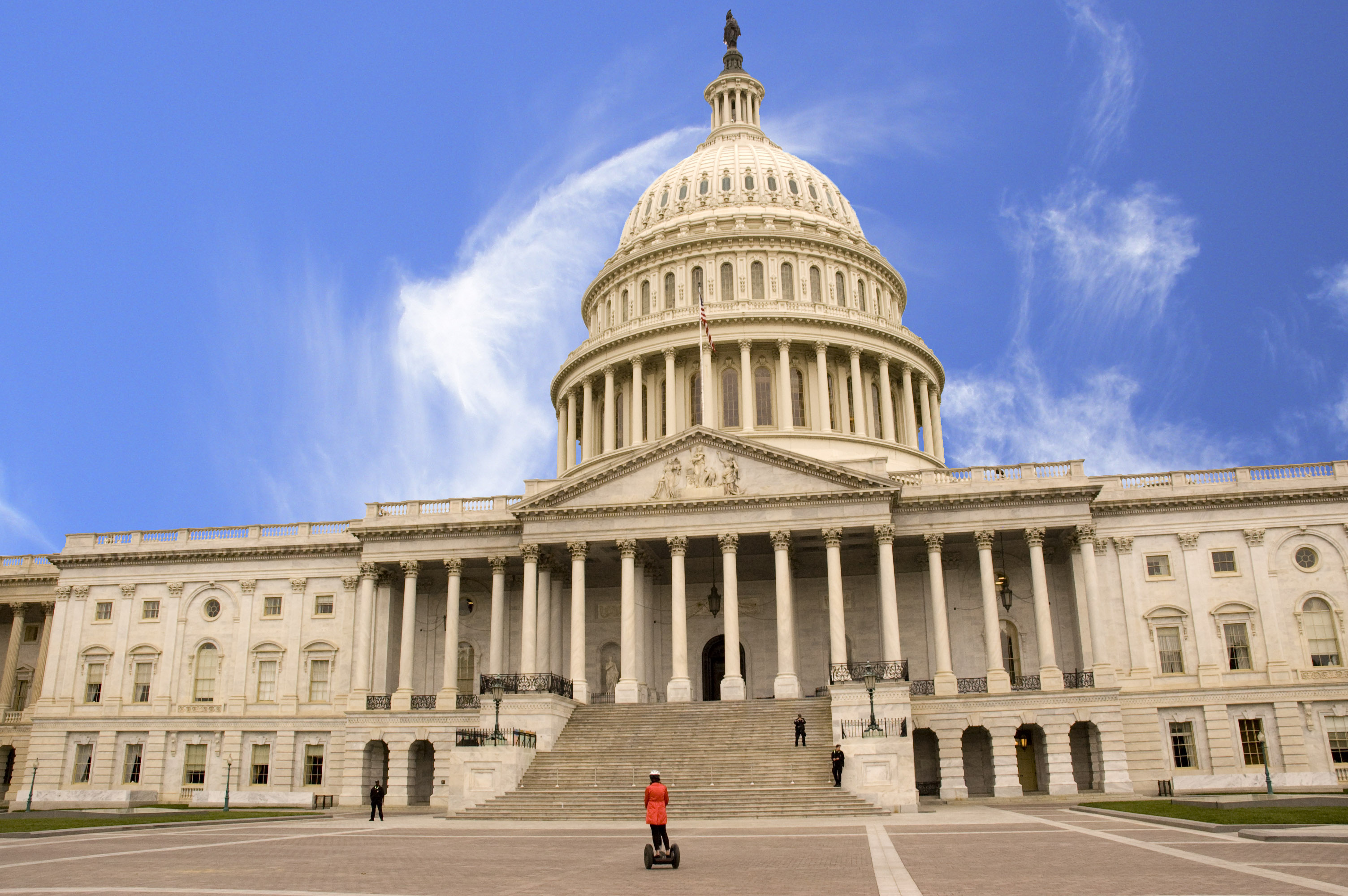Even if you feel you have an airtight case against an airline and want to sue, remember this: The vast majority of cases–civil and criminal–are settled outside of court.
In civil cases especially, judges strongly urge both sides to reach a compromise rather than duke it out in court. And both sides are usually willing to do this, since there’s no telling how a jury might rule.
Finally, there’s the option of filing a class-action lawsuit.
The Lady Justice
A plus to this is that you’re not alone in your charge against the airline. Other passengers who have been similarly wronged are seeking damages, and so the spotlight is not on any one plaintiff.
A minus is that such cases are extremely complex and must be handled by experienced attorneys. Typically, federal courts are thought to be more favorable for defendants, and state courts more favorable for plaintiffs. Many class actions are filed initially in state court. The defendant will frequently try to remove the case to federal court.
Another minus: If your side prevails, the amount of money each plaintiff receives will be far smaller than if the award were to be divided between a single plaintiff and his attorney(s).
Finally, even if you win, you can be certain the airline will appeal the verdict. Such appeals can go on for literally years.
But the most far-reaching reforms can emerge only through Congress. And this can happen only if Americans demand that their representatives create passenger rights through long-overdue legislation.
United States Capitol Building
Protections are especially needed when a single airline official–such as a steward–kicks a passenger off an airplane for reasons that have nothing to do with security.
Examples:
- Two women kissing;
- A steward demanding whether a woman is wearing underwear;
- Another steward taking offense at a passenger’s request for help.
During the administration of President George H.W. Bush, Congress overrode only one of his 44 vetoes. In that case, Congress put a cap on the rates cable TV companies could charge.
They did so because their constituents made clear their rage about high-priced cable fees.
Members of the Senate and House of Representatives will respond to constituent demands–if voters:
- Make their specific demands known; and
- Bluntly warn: “Support this–or look for another job.”
Only such sustained action will counter the legalized bribes (known as “campaign contributions) the airlines offer to members of Congress.
There is new reason to hope that long-overdue reforms may be coming.
On April 9, police dragged Dr. David Dao, bloodied and screaming, off his United Airlines flight at Chicago O’Hare Airport.
His crime? Refusing to give up his seat for a commuting crew member.
He suffered a broken nose, the loss of two front teeth and a concussion.
Dao’s mistreatment was captured on cellphone video taken by several passengers. Posted on Youtube and on national newscasts, it sparked a massive outcry.
To the horror of company officials, United Continental Holdings stock quickly lost an estimated $255 million to $1 billion. Many passengers cut up their United-Chase credit cards and frequent flyer member cards. Others swore to never again fly United.
New Jersey Gov. Chris Christie called for a suspension to the widespread practice of overbooking:
“To have somebody pay for a ticket, reserve a seat, be seated and then dragged off the plane physically by law enforcement officers at the direction of United–it’s outrageous,” Christie told CNN’s “New Day.”
Yet Dao has plenty of company. In 2016, more than 475,000 passengers who were bumped off American domestic flights–usually due to overbooking.
It’s standard practice for airlines to sell more tickets than there are seats. “Airlines overbook because people don’t show up for flights and they don’t want to go with empty seats,” said George Hobica, founder of Airfarewatchdog.com.
When a flight is overbooked, federal Department of Transportation (DOT) rules require an airline to first ask passengers to voluntarily give up their seats. Airlines can choose the amount or type of compensation. It’s usually a gift card or travel voucher for another flight.
If you are kicked off a flight due to overbooking, you can sue for more money if you believe the compensation offered wasn’t sufficient. If you intend to sue, don’t accept any flight vouchers or cash offered by the airline.
And what gives airlines the right to virtually operate as KGB agents? Consumer advocate Ralph Nader puts it thus:
“Because the contract of carriage, which is on the [United] website, is 67,000 words long and fine print, and it takes away the rights to be assured that when you have a confirmed reservation and you’re in the seat, you can stay in the seat—total unbridled discretion by the airline to throw you off the plane.”
And every other airline has a similar “contract of carriage.” These are written by airline lawyers and are entirely biased toward airlines–not customers.
Above all, remember: Airlines are run by corporations. Their foremost concern is not your comfort or even safety as a passenger. It’s with further enriching their overpaid key executives.
You must be willing to stand up for your own rights–because the CEOs running KGB Airways don’t care about them.


















